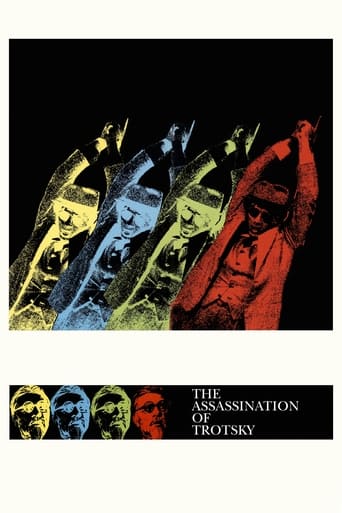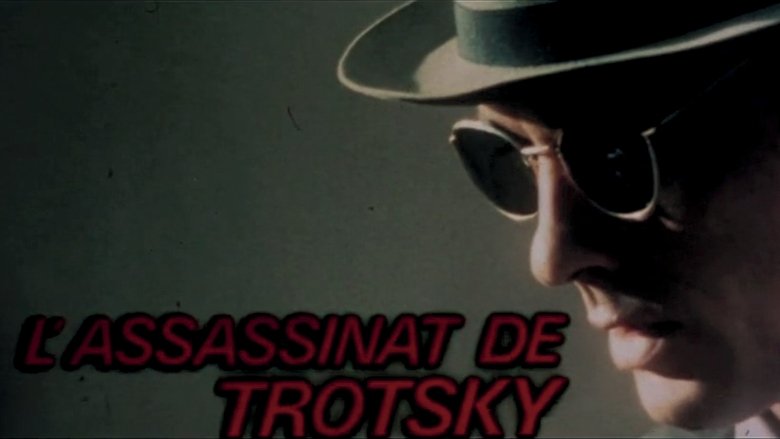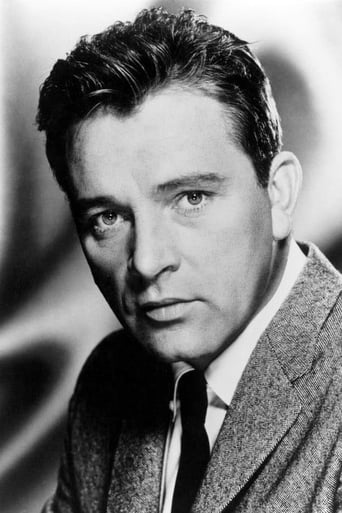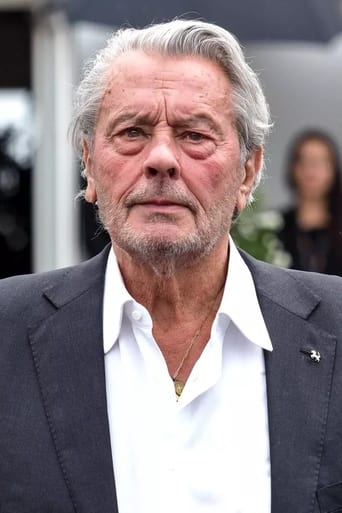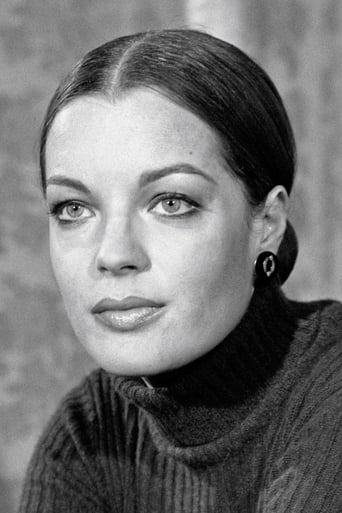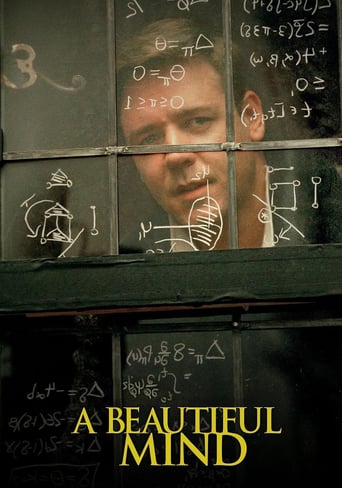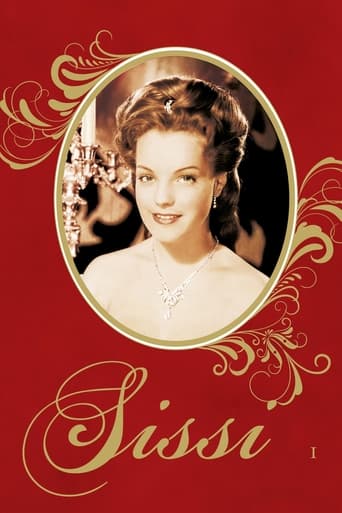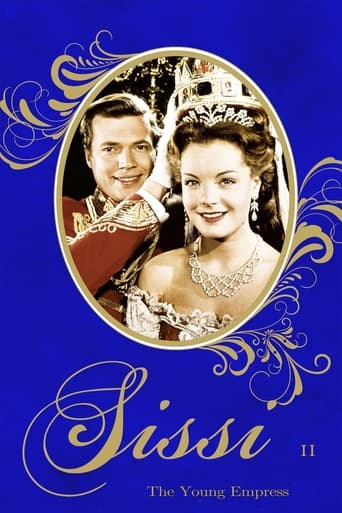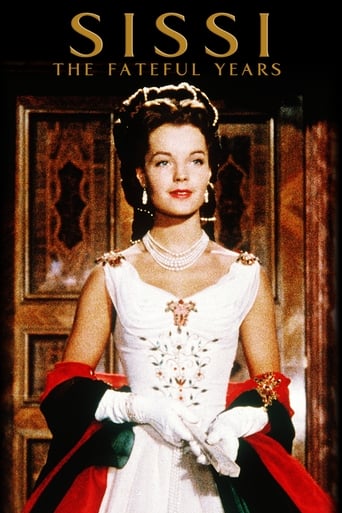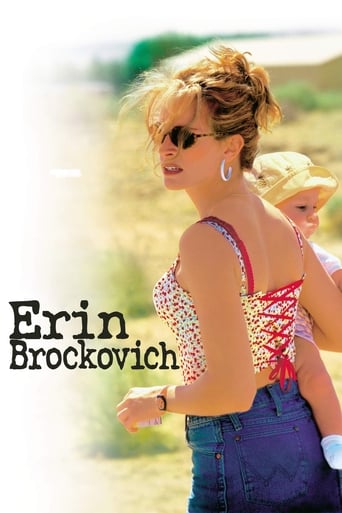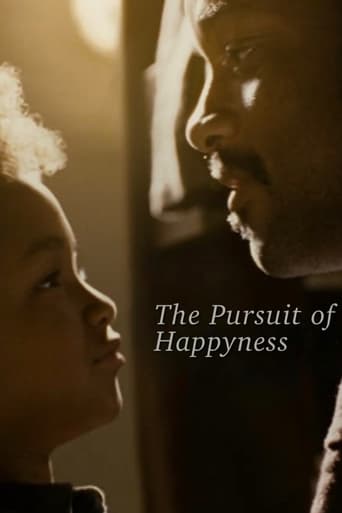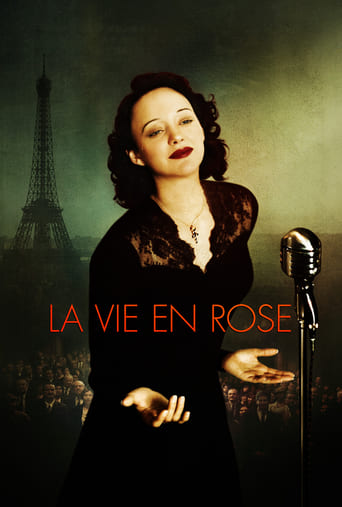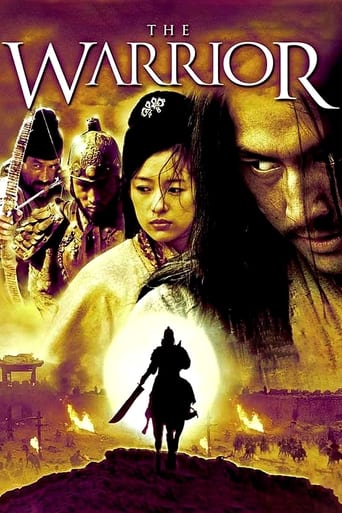The Assassination of Trotsky (1972)
A Stalinist assassin tracks exiled revolutionary Leon Trotsky to Mexico in 1940.
Watch Trailer
Cast


Similar titles
Reviews
Best movie of this year hands down!
Fun premise, good actors, bad writing. This film seemed to have potential at the beginning but it quickly devolves into a trite action film. Ultimately it's very boring.
A lot of perfectly good film show their cards early, establish a unique premise and let the audience explore a topic at a leisurely pace, without much in terms of surprise. this film is not one of those films.
This is one of the few movies I've ever seen where the whole audience broke into spontaneous, loud applause a third of the way in.
A terrible, forgettable film chronicling the last days of Leon Trotsky's exile in Mexico City. The story could have had great potential: The time, the place, the characters. Rather it fails to exploit any of these assets. Making the film tedious and dull. Winning dialogue that is meaningless, explains nothing, and is just plain dull is the norm here as for example when Trotsky's wife asks the Delon character why a Belgian should have a name like Jacson and Delon explains, it's because he's French-Canadian. The film is not anti-Stalin, Pro-Trotsky, actually it's not much of anything. We learn nothing about the characters: Who they were and what motivated their actions. Nor do we learn anything about the time period and what was taking place in Mexico. Sadly, the film has no historical value,because of this. Lacking character development, we never learn how these casts of characters came to Mexico or what motivates them. There is no mention of Trotsky starting a 4th International here. No mention of the affair the married Trotsky had with Frida Kahlo, Diego Rivera's wife in Rivera's own house which angered Rivera beyond belief and which devastated Trotsky's wife. And lastly no mention of the painter David Siqueiros, involvement in spraying Trotsky's house with bullets. Alain Delon is stiff like a board. Richard Burton hardly looks like Trotsky. The goatee he is wearing looks like it should be returned to the horse whose tail it was misappropriated from. His acting seems to only run the gamut from A to B. True it's an improvement from Delon's who never manages to get beyond A, but not by much. Only Schneider was able to give enough color to her character to make her come alive. While Trotsky is depicted as an egoist who likes to hear himself talk, Jacson is portrayed as an ice-cold killer as shown by his affectionless affair with Ms. Schneider and his unflinching ability to watch a very brutal bull-fight: A scene certainly not for the faint at heart. The real Mercador (aka Jacson) was a dedicated idealistic Spanish Communist who fought and was willing to die in defense of the Spanish Republic in Spain's Revolutionary War against Franco and the Fascists. After serving his 20 year sentence for Trotsky's murder, he moved to Cuba. Although a great idealist, who was willing to spend the rest of his life in jail by killing Trotsky for his role in betraying the Spanish Republic, you would never know this from the film. Rather Losey seems to describe his motivation as stemming, not from idealism, but from some sort of sense of existential emptiness. Huh? How is this historically accurate or for that matter any of the film?
While this certainly doesn't deserve to be included in Michael Medved's "50 Worst Films Of All Time" book, it's nonetheless a disappointment when considering the talent involved! An unconvincingly made-up Richard Burton is a good Trotsky (even if director Losey had originally wanted Dirk Bogarde); the film takes pains to depict the family-man (embittered by the Stalinists' extermination of his children) as well as the politician. Though struggling with the often unwieldy English dialogue, Alain Delon is ideally cast as the slick but icy and enigmatic assassin; still, his final break-down comes across as absurd more than anything else. However, the feminine roles in the film result in being no more than perfunctory: Romy Schneider carries on a tedious romance with Delon (they were once lovers in real-life), while Valentina Cortese appears as Trotsky's dowdy wife. Also notable in the cast is Giorgio Albertazzi as the police inspector investigating an earlier attempt on Trotsky's life; Luis Bunuel regular Claudio Brook appears unbilled in one scene as Delon's 'contact man' in Mexico.The subject matter, in itself, isn't exactly appetizing but some of Burton's speeches are undeniably compelling (one of which mentions that Trotsky feared he'd succumb to a brain hemorrhage the uncanny irony is that Burton himself died in that manner, and at approximately the same age as the Russian leader!) and the interaction between him and Delon towards the end generates a reasonable amount of tension (culminating in Trotsky's bloody and protracted assassination). Still, at the end of the day, Losey's treatment of events is surprisingly lifeless (especially for a Hollywood exile from the anti-Communist days!) and of a seriousness which is oppressive (including the obvious use of symbolism via a gory bullfight sequence).P.S. Incredibly enough, the afore-mentioned Bunuel (my personal favorite film-maker) once spent a night in a Mexican jail with none other than Trotsky's real-life killer as his cell-mate!
Stalin hated Trotsky for many reasons, one among them is that Lenin in his famous testament strongly criticized Stalin as a tough and badly educated leader while recognized Trotsky as the most intelligent politician among the Bolcheviks. In that way Trostky was a kind of impediment for Stalin to seize the whole power in Soviet Union. The party trusted Stalin and the first thing he did was to start a snare campaign against Trotsky among the high bosses of the party as Zinoviev, Kamenev and Bukharin, who finally supported Stalin in this deed. As a result Trostky was declared a traitor and expelled from USSR, living first at the border of USSR, then in Turkey and finally in Mexico. He continued writing and had an increased number of people following him, a fact enough for Stalin to order his assassination. To this end Stalin and his KGB tools used Mexican communists led by the famous muralist David Alfaro Siqueiros. They attempted to kill Trostki once unsuccessfully, then decided to change for another way, i.e. to introduce the agent Jacques Mornard, who in fact was not from Belgium as he claimed to be, but Spanish citizen Ramón Mercader del Río, son of mother born in Cuba. Mornard or Mercader finally killed Trostky, but not his ideas. In fact Stalin made a big mistake because trostkism increased and gained a lot of popularity in several countries after the death of Trostky. The present film is just an effort to show something of this fatal happening, but it is not the best in my opinion. There is no introduction to Trostki, how he was expelled from USSR, why this happened, how he arrived in Mexico. Not knowing the history, it will be very difficult to guess that Stalin was behind this assassination. The relationship of Trostki with some communists, as Frida Kahlo and Diego Rivera, is neither shown at all. The role of Trostky is played well by Richard Burton although he looked fatter than the real Trostky, but Alain Delon as Mornard or Mercader did not play this role convincingly. Mercader was a Stalinist fanatic, and this characteristic is not seen in the role played by Delon. He looked as schizophrenic rather than a man with political convictions.
The subject matter was the only saving factor for this movie, but the quality was hardly befitting of such a story and man. Historiographically the movie stayed true to facts or that is, the facts accepted by Nicholas Mosley, the screenwriter. Mosley had published a book of the same title the same year as the production of this movie. They claim in the opening scene to portray the facts as closely as possible and those that are ambiguous they leave open, but the assassination of Trotsky is surrounded by mystery and speculation. I've come to understand that the only piece of hard evidence agreed upon by all, is that Trotsky died at the end.Disappointingly the movie tends to leave out or vaguely use interesting details related to the incident, which makes the movie somewhat confusing to those who have no previous knowledge of the event. And that would be my advice, that one should look into the topic independently after seeing this movie in order to better grasp such a historically significant event. In terms of acting and plot I don't believe the movie pays it justice.

